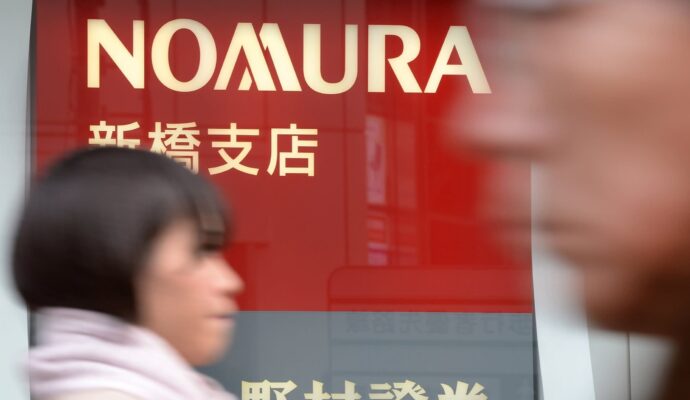Receive free Japanese business & finance updates
We’ll send you a myFT Daily Digest email rounding up the latest Japanese business & finance news every morning.
The elegantly dressed, permanently polite staff of one of Tokyo’s most famous department stores are to shatter tradition and go on strike for the first time since the 1950s.
Customers of the Seibu department store in Ikebukuro were warned on its website on Wednesday that the shop would be closed all day on Thursday, owing to industrial action timed to disrupt a series of swish in-store autumnal promotions of seasonal fashion, accessories and beauty products.
Japanese department store workers — the performers of functions that include welcoming customers into the lifts and maintaining absolute spotless surfaces — have not held a full-day strike at a large outlet for more than 60 years. Their reluctance to take action is part of a decline in the number of strikes in Japan since the mid-1970s.
The warning of a strike has shocked a nation where workers rarely ever take to the streets demanding higher wages or better working conditions, although analysts say employees may feel more empowered in the coming years as the country’s labour shortage accelerates.
The strike, involving as many as 900 workers, is being held in protest at plans by the department store’s owner, 7&i Holdings, to sell the 10-store Sogo & Seibu chain to the US investment fund Fortress.
Workers fear that the estimated $1.5bn sale, which would involve combining the flagship Ikebukuro store with a prominent electronics retailer, Yodobashi Camera, will ultimately cost them their jobs.
The strike is the culmination of a dispute lasting several months between the Sogo & Seibu labour union and the management of 7&i, with the company having come under sustained pressure from the US-based activist investor ValueAct to divest non-core businesses.
Despite a boost in tourist spending at Japanese department stores in the years before the Covid-19 pandemic, the business has been heavily overshadowed within the 7&i portfolio by the highly profitable mainstay of convenience store operations.
A union representative told the FT that its members’ decision to go ahead with the strike followed an understanding that, despite its efforts to talk 7&i out of the sale, the deal would go ahead as planned. Although 7&i has not officially announced a decision, two people familiar with the situation said the company would hold an extraordinary board meeting on Thursday at which the matter would probably be settled.
Department store chains across Japan have struggled in recent years amid a shift in consumer trends and an increase in online sales. Revenues at Seibu and Sogo department stores declined 45 per cent over the past decade to sales of ¥447bn ($3bn) in the year ending March 2022.
In a statement, 7&i apologised for the inconvenience caused to customers and business partners by the strike, and said its department store management would continue to engage in collective bargaining and consultation with the labour union.
Shares in the group fell 1.7 per cent on Wednesday.

